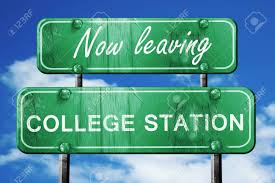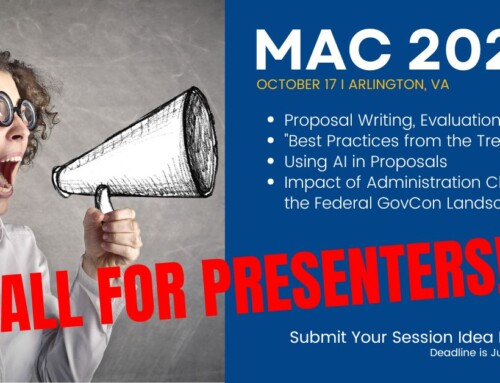Companies hiring proposal writers and coordinators should be scouring LinkedIn for recent graduates and jumping for joy when they apply. Why? Because college prepares all students, regardless of their major, to be good proposal writers. But in spite of this preparation, so many college graduates feel they’re not qualified for even entry-level jobs thanks to those six little words on the entry-level job ad: “three to five years of experience.”
Hiring managers should consider counting the years students spend in college as valid years of experience, though, especially when it comes to proposal writing. Not only will recent graduates need a bit more help finding a job in the months to come because of COVID-19, but also because college prepares recent graduates for the proposal world in some specific and important ways.
How college prepares students for proposal work:
1) In college, students learned how to work in all types of teams, the good and the bad. Students work with teammates who are team players and those who don’t carry their own weight. These skills become important to rely upon in the transition to proposal teams in the “real world,” where everyone has a different work style.
2) Students had learn to manage competing deadlines and juggling because multiple projects were due at once…typically right before a holiday. This is a valuable skill, especially when you consider how often a contracting office drops an RFP two days before Christmas with an early January due date! Post-COVID-19 college grads will also have learned how to handle last-minute changes to projects, as their coursework moved entirely online, assignments changed drastically, and professors had to change course directions with little notice. This will make deciphering contradictory copy-and-pasted PWS and late Q&As all the more familiar.
3) Sometimes professors, like the Government, change deadlines to fit a new schedule (or changing needs in light of a pandemic). This can be both good and bad, depending on where you are in your project or proposal, but almost always requires a change to your project timeline, production needs, and personal life schedule as well.
4) If the student took any kind of creative writing class, they are aware of how long, frustrating, and, at times, tedious workshopping (read Pink and Red teaming) can be. And that it happens over and over and over again until you get it right…or it’s time to turn in the proposal.
5) Students are familiar with many different hardware platforms and can quickly navigate between Windows-based operating systems and Mac operating systems. They had to learn each because sometimes they got to use their own computers in a computer lab, other times they had to use the computer available which meant Macs or Dells. Additionally, students learned to present projects and ideas verbally using video presentations, public speaking, PowerPoint, or more traditional hard copy written assignments.
So instead of writing another “three to five years of experience” requirement on a job posting, stop and think for a second and add a “college degree is suitable in lieu of professional experience.” You don’t want to miss out on a great team member just because they were too intimidated by their lack of professional experience to apply.
Such a reconsideration is even more important in our pandemic world. Students are graduating in an entirely new setting and are even more unsure about their futures and how they’ll pay their bills. Hire a recent graduate and you’ll have a loyal, appreciative, hardworking employee for years to com





Leave A Comment